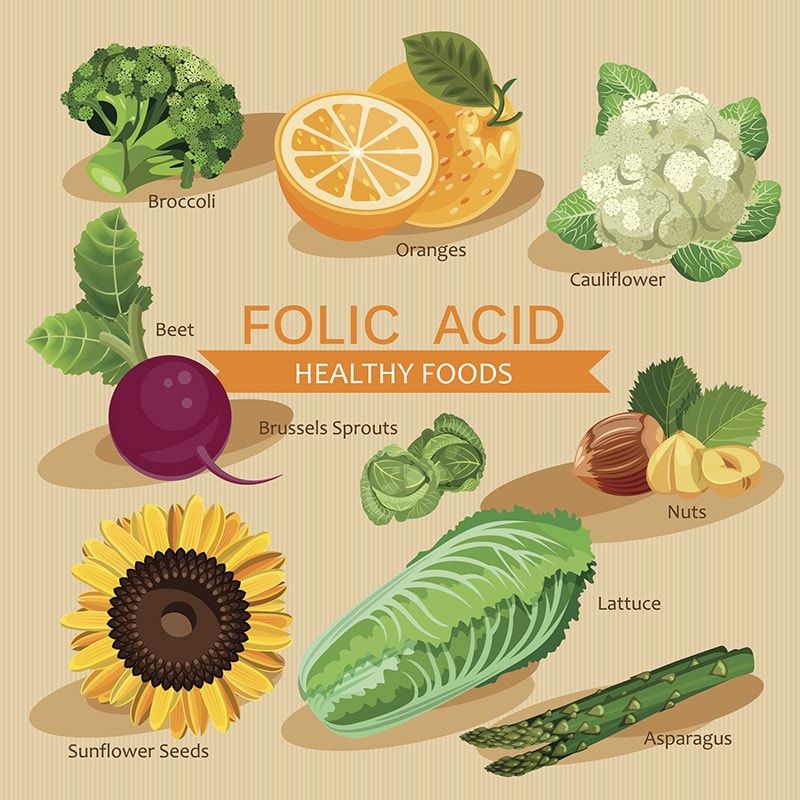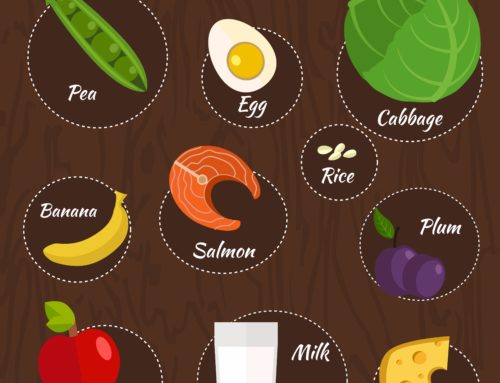Probably the single most important thing to know about folic acid is that it can prevent birth defects like spina bifida, the most common permanently disabling neural tube defect in the US.
It’s also one of a trio of B-vitamins—the others being B-12 and B-6—that can lower homocysteine, a nasty little inflammatory compound that increases the risk of heart disease and stroke.
Many people don’t really understand the difference between folate and folic acid. It’s actually rather simple. Folate is found in food (mainly green leafy veggies) while folic acid is a synthetic compound used in dietary supplements and in food fortification. Folate deficiency has been reported to be the most common vitamin deficiency in the US. Not only that, pregnancy actually doubles the need for dietary folate.
Folic acid supplementation and fortification have significantly reduced birth defects from spina bifida, and that’s a great thing. But folic acid supplementation has a dark side. While high folate status seems to reduce the risk for cancer, too much folic acid supplementation can increase it. In addition, excess folic acid consumption can mask a vitamin B12 deficiency.
The body takes the folates you get from food and turns them into the active, usable form of folate knon as tetrahydrofolate (THF). THF is metabolized in the small intestine, and everything is right with the world. But folic acid is processed in the liver, which doesn’t always do a great job of metabolizing it. That can leave you with a large amount of “unmetabolized” folic acid floating around your bloodstream, and that excess unmetabolized folic acid that may be the link to an increased cancer risk.
You can actually get supplements of folate in its already-metabolized, active form of 5-methyltetrahydrofolate (also abbrieviated as 5-MTHF). Some high-end manufacturers even use the active, 5-MTHF form of folate in their multivitamins. Those are definitely the ones you should look for.
You should definitely supplement if you’re pregnant or trying to get pregnant. It’s critical to have enough folate (or folic acid) in your system in the first weeks of pregnancy in order to prevent spina bifida and other neural tube defects. Since many women don’t discover they’re pregnant till they’re a few weeks in, experts recommend at least 400-800 mcg of folic acid supplementation for anyone of pregnancy age. At that level of supplementation, there should be no problems, but if it’s possible to find supplements that use the 5-methyltetrahydrofolate form of folate, you’re even better off.














Leave A Comment